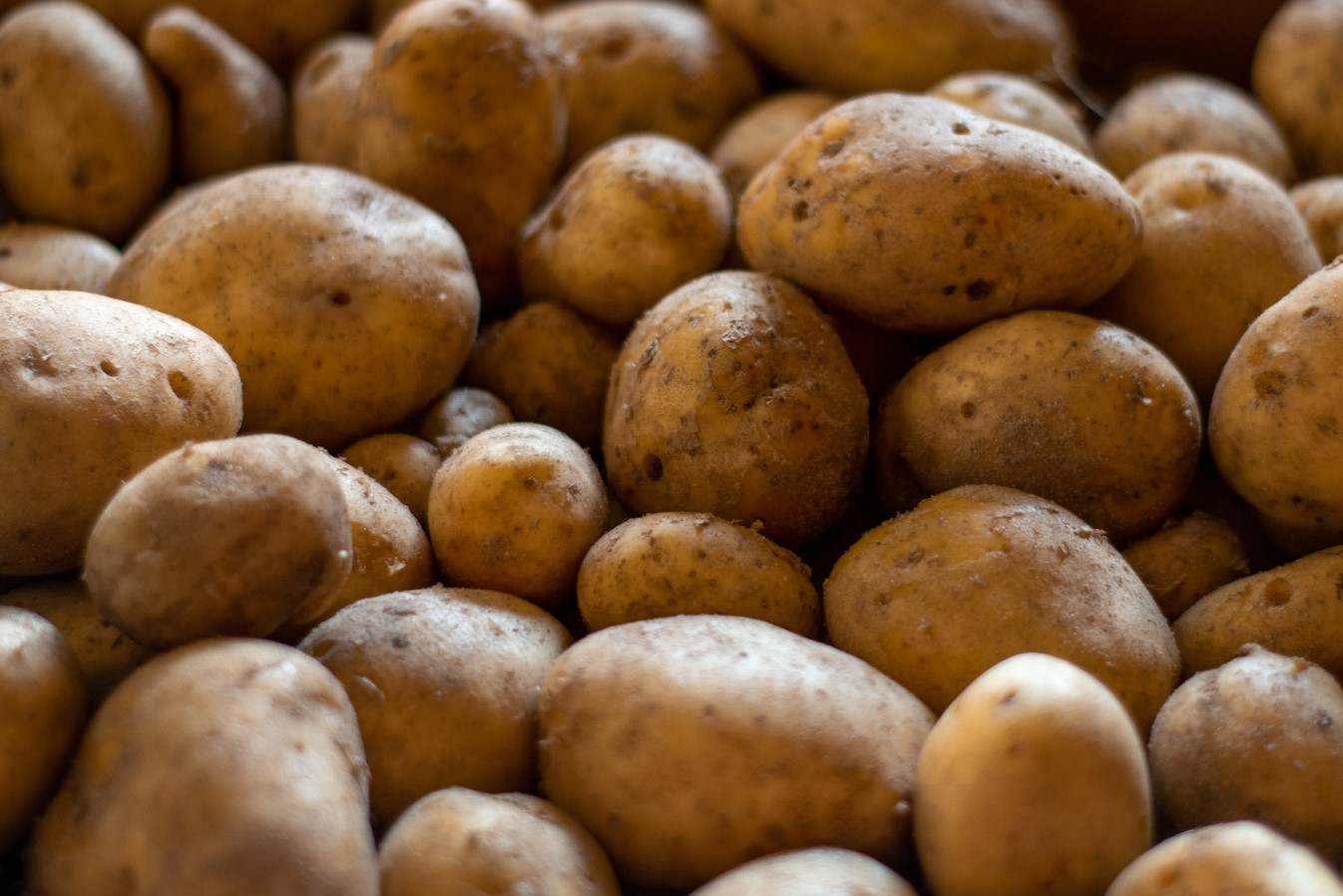
Are you curious about the Russet potato? This humble spud, often found in your favorite fries or baked potato dishes, has a rich history and some surprising facts. Russet potatoes are not just any ordinary tubers; they have unique characteristics that set them apart from other varieties. From their origins to their nutritional benefits, there's a lot to learn about these versatile vegetables. Whether you're a food enthusiast, a home cook, or just someone who loves potatoes, you'll find these facts both interesting and useful. Let's dig into the world of Russet potatoes and uncover what makes them so special!
Key Takeaways:
- The Russet potato, also known as the Idaho potato, has a rich history dating back to the 1870s. It's loved for its thick skin, fluffy texture, and versatility in the kitchen.
- Russet potatoes are not only delicious but also packed with nutrients like vitamin C and potassium. They play a significant role in the economy and have even made their way to space!
History of the Russet Potato
The Russet potato has a rich history that spans centuries. Let's dig into some fascinating facts about its origins and development.
- The Russet potato was first cultivated in the early 1870s by Luther Burbank, an American botanist.
- Burbank named his creation the "Burbank potato," which later became known as the Russet Burbank.
- The potato was developed to be resistant to diseases that plagued other potato varieties at the time.
- Russet potatoes became popular in the United States during the 20th century due to their versatility and durability.
Characteristics of Russet Potatoes
Russet potatoes are known for their unique features that make them a favorite in many kitchens. Here are some key characteristics.
- They have a rough, brown skin that is thicker than other potato varieties.
- The flesh inside is white and starchy, making it ideal for baking and frying.
- Russet potatoes are larger than most other potato types, often weighing up to a pound each.
- They have a high starch content, which gives them a fluffy texture when cooked.
Nutritional Value
Russet potatoes are not just tasty; they are also packed with nutrients. Here are some nutritional facts.
- A medium-sized Russet potato contains about 168 calories.
- They are an excellent source of vitamin C, providing about 27% of the daily recommended intake.
- Russet potatoes also offer a good amount of potassium, with one potato providing 26% of the daily value.
- They contain dietary fiber, which aids in digestion and helps maintain a healthy gut.
Culinary Uses
Russet potatoes are incredibly versatile in the kitchen. Here are some popular ways to use them.
- They are the go-to choice for making classic baked potatoes.
- Russet potatoes are perfect for making French fries due to their high starch content.
- They are often used in mashed potatoes, giving them a creamy and fluffy texture.
- Russet potatoes can be roasted to create a crispy exterior while maintaining a soft interior.
Growing and Harvesting
Growing Russet potatoes requires specific conditions to thrive. Here are some facts about their cultivation.
- They grow best in well-drained, sandy soil with a pH between 5.0 and 5.5.
- Russet potatoes require a long growing season, typically around 120 days.
- They are usually planted in early spring and harvested in late summer or early fall.
- The plants need full sun and consistent watering to produce a good yield.
Economic Impact
Russet potatoes have a significant impact on the economy, especially in the agricultural sector. Here are some economic facts.
- They are the most widely grown potato variety in the United States.
- Idaho is the leading producer of Russet potatoes, often referred to as "Idaho potatoes."
- The potato industry in Idaho alone generates over $1 billion annually.
- Russet potatoes are a staple in the fast-food industry, particularly for making French fries.
Fun Facts
Let's end with some fun and quirky facts about Russet potatoes that you might not know.
- The world's largest potato, weighing over 18 pounds, was a Russet.
- Russet potatoes were the first food to be grown in space by NASA.
- They are often used in science experiments to demonstrate osmosis and other biological processes.
- The name "Russet" refers to the potato's rough, russet-colored skin.
- Russet potatoes are sometimes called "Idaho potatoes" due to their association with the state.
- They are a popular choice for making potato chips, thanks to their high starch content and low moisture.
The Final Bite
Russet potatoes aren't just a staple in kitchens; they're a powerhouse of nutrition and versatility. From their high fiber content to their rich vitamin C levels, these spuds pack a punch. They’re perfect for everything from crispy fries to creamy mashed potatoes. Plus, their long shelf life makes them a practical choice for any pantry.
Knowing these facts can help you appreciate the humble Russet potato even more. Whether you're a home cook or a professional chef, understanding the benefits and uses of Russet potatoes can elevate your culinary game. So next time you’re at the grocery store, grab a bag of Russets and experiment with new recipes. You might just find a new favorite dish. Happy cooking!
Frequently Asked Questions
Was this page helpful?
Our commitment to delivering trustworthy and engaging content is at the heart of what we do. Each fact on our site is contributed by real users like you, bringing a wealth of diverse insights and information. To ensure the highest standards of accuracy and reliability, our dedicated editors meticulously review each submission. This process guarantees that the facts we share are not only fascinating but also credible. Trust in our commitment to quality and authenticity as you explore and learn with us.


